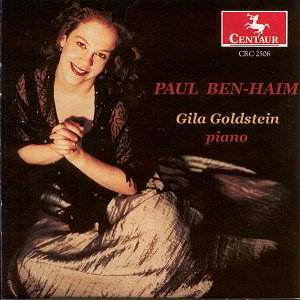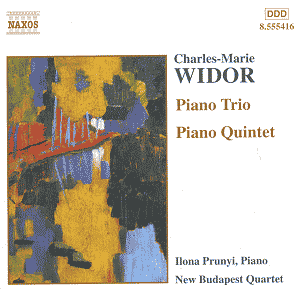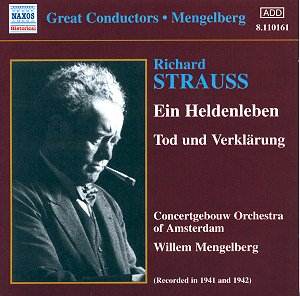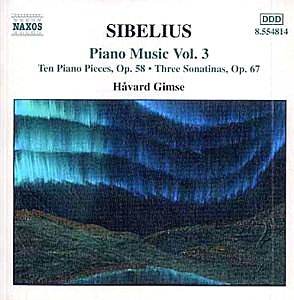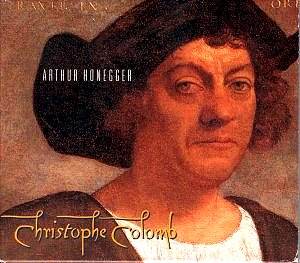 Composer: Arthur Honegger
Composer: Arthur Honegger
Works: Christoph Colomb (1940)
Performers: Stratton Rawson – Magician, Neil Garvey – Christopher Columbus, Anthony Furnival – King Ferdinand, Elaine Knecht – Queen Isabella, Buffalo Chorus and Orchestra of Opera Sacra, Charles Peltz
Recording: St Joseph’s University Church, Buffalo, New York, 30-31 Oct 1992
Label: MODE
Arthur Honegger, a pivotal figure of the early 20th-century French modernist movement, composed Christoph Colomb as a radio play that reflects both the artistic ambitions of its time and the tumultuous historical landscape of the 15th century. Written in the wake of World War II, when questions of humanity’s fate were acutely felt, the work intersperses spoken narrative with evocative music, revealing Honegger’s intent to engage audiences in a dialogue about exploration, ambition, and existential dread. This recording, preserved by Mode, offers a rare glimpse into a form of theatricality that blends music with drama, a hallmark of Honegger’s oeuvre.
The performance is marked by a clear understanding of the work’s dual nature as both a musical and narrative experience. Stratton Rawson’s portrayal of ‘The Magician’ serves as a critical linchpin throughout the piece, guiding listeners through a landscape fraught with visions of war and plague. His narrative delivery, while infused with a theatrical flair, maintains a gravitas that underscores the moral undertones of the story. The ensemble, featuring the Buffalo Chorus and Orchestra, contributes to a sound world that is at once lush and foreboding. The music, characterized by Honegger’s accessible yet emotionally charged style, resonates with echoes of Vaughan Williams, particularly in moments such as the poignant farewell of Isabella, where the orchestration evokes a deep melancholy, further enhanced by the clarity of the recording.
Honegger’s orchestration in Christoph Colomb is particularly noteworthy for its skillful blend of colors and textures, creating an atmosphere that is both vivid and haunting. The macabre elements of the prologue, with their dissonant harmonies and rhythmic intensity, foreshadow the darker themes that permeate the narrative. Notable is the use of the tam-tam in the concluding Libera Me, which anchors the work in a somber tone, contrasting with the more jaunty motifs found elsewhere, such as in the Farewell Christophe Colomb, which could easily accompany a cinematic march. The engineering quality of the recording captures these nuances effectively, although the echoey acoustics of St Joseph’s University Church present a slightly diffuse sound that might obscure some of the sharper details of Honegger’s intricate scoring.
In terms of historical context, this recording of Christoph Colomb stands as a significant artifact, reflecting Honegger’s artistic voice during a period marked by both innovation and reflection. While it may not possess the same concert-suite viability as some of his more standalone works, it nonetheless showcases his adeptness at atmosphere and emotional depth. The polished performances throughout convey a sense of dedication to the material, with the singers and instrumentalists executing their roles with both precision and passion. The production choices, particularly the inclusion of a trilingual booklet, further enhance the listener’s engagement with the text.
This Mode release, while perhaps an outlier in the label’s catalog dominated by avant-garde repertoires, is an essential addition for those seeking to explore the breadth of Honegger’s contributions to music and theatre. The synthesis of narrative and musical expression in Christoph Colomb invites listeners into a richly imagined world that resonates with contemporary relevance, making this recording not just a historical document but a living piece of art that continues to provoke thought and reflection.
